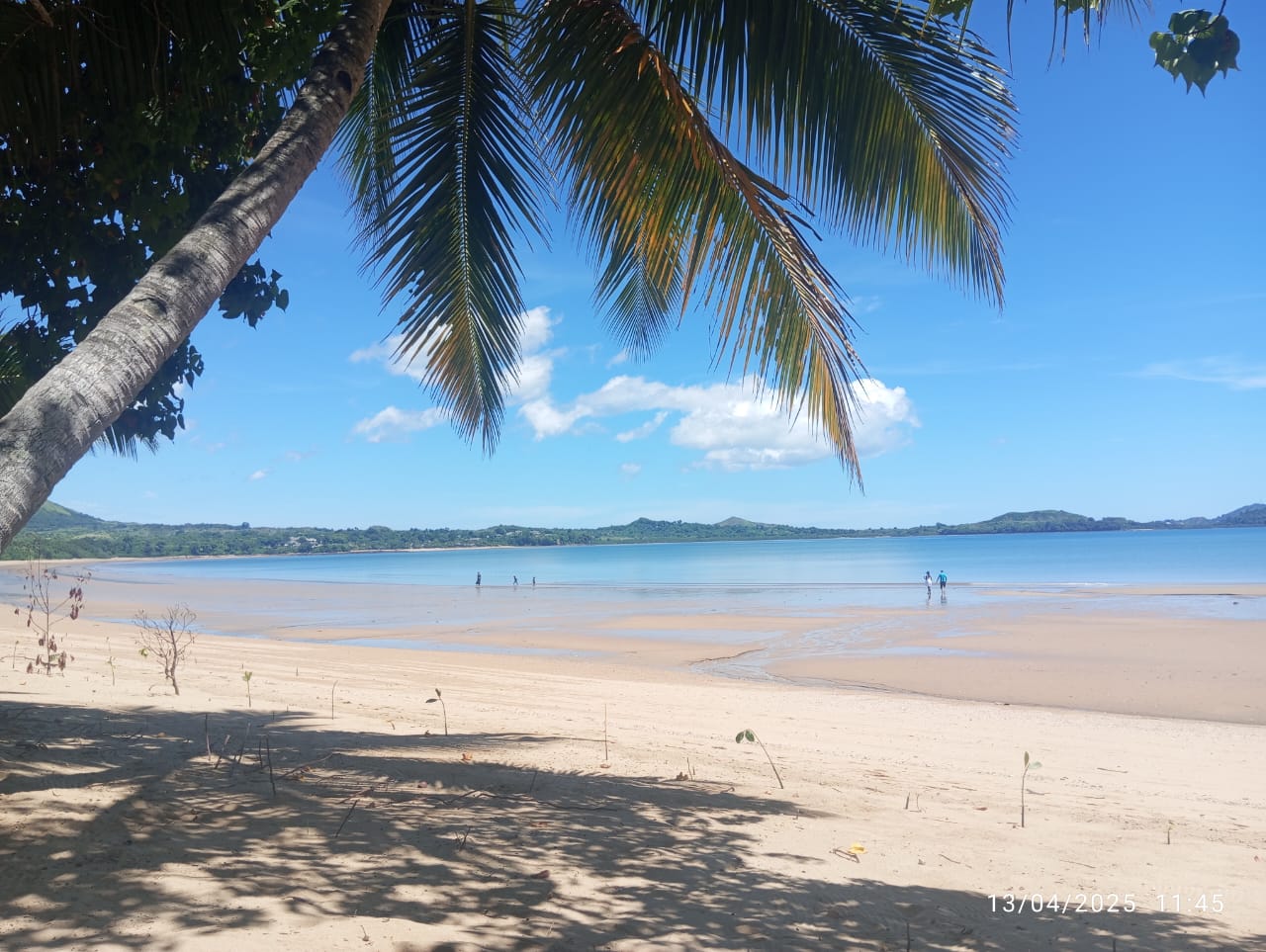Madagascar, the large island in the Indian Ocean, is a true gem for lovers of nature, adventure, and cultural discovery. With its unique biodiversity—over 80% of its species are endemic—the island attracts ecotourism enthusiasts and scientists from around the world. The diverse landscapes, ranging from paradise beaches to tropical forests, highlands, and the rocky formations of the south, make Madagascar a destination still largely untouched by mass tourism.
The tourism sector in Madagascar is developing slowly but steadily. Despite its enormous potential, the island remains relatively less visited compared to other Indian Ocean destinations like Mauritius or Réunion Island. This is mainly due to challenges related to infrastructure, domestic transport, and political stability. However, recent efforts to promote sustainable tourism, improve hospitality services, and open up to new international markets are beginning to bear fruit.
The future of tourism in Madagascar lies in the promotion of its natural and cultural heritage, as well as in better sector organization. Community-based initiatives are emerging to involve local populations while protecting fragile ecosystems. Solidarity tourism, adventure circuits, and culture-focused stays are promising avenues. With a well-structured strategy and proper support, Madagascar could become one of the world’s leading ecotourism destinations.
